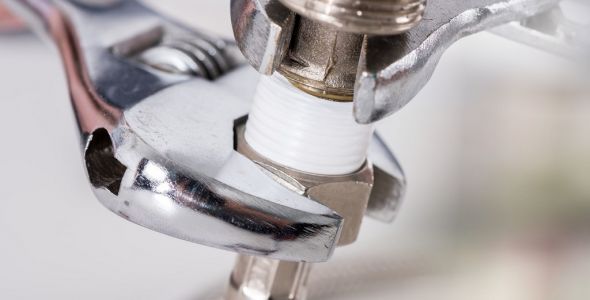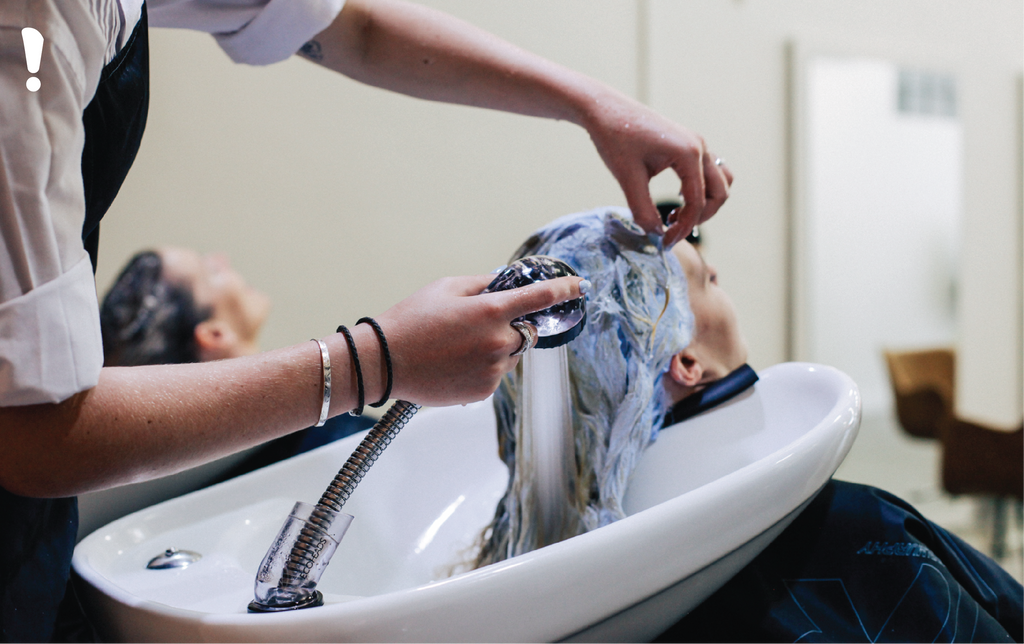Tips on How to Winterize Your Plumbing: 5 Hacks to Prevent Bursting Pipes in Frigid Temperatures
Book MaintenanceWe've stumbled on this post about How to stop pipes from freezing during the winter listed below on the net and accepted it made sense to discuss it with you on this site.

All property owners who reside in temperate environments need to do their best to winterize their pipelines. It is something you should do throughout fall before deep winter months absolutely begins. Failing to do so can mean calamity like frozen, fractured, or burst pipes. If the weather condition exterior is shocking, right here are some convenient winterizing hacks to keep your plumbing system protected also.
Attempt a Hair Dryer or Warm Gun
When your pipelines are virtually freezing, your trusty hair dryer or warm gun is a godsend. If the hot towels do not assist remove any clearing up ice in your pipelines, bowling warm air straight into them may assist. You may finish up harmful your pipes while trying to melt the ice.
Open Cupboard Doors Hiding Plumbing
When it's chilly outside, it would certainly be practical to open cabinet doors that are camouflaging your pipelines. Doing this little method can keep your pipes warm and also limit the possibly unsafe results of freezing temperature levels.
Require Time to Cover Exposed Water Lines
One awesome and very easy hack to heat up icy pipes is to wrap them with warm towels. You can also make use of pre-soaked towels in hot water, just don't neglect to use protective handwear covers to guard your hands from the warm.
Turn On the Faucets
When the temperature level drops and also it seems as if the cold temperature level will last, it will certainly help to activate your water both inside your home and also outdoors. This will keep the water flowing via your plumbing systems. Furthermore, the activity will slow down the freezing process. Significantly, there's no demand to transform it on full blast. You'll end up squandering gallons of water by doing this. Instead, aim for about 5 decreases per min.
When Pipes are Frozen, close Off Water
If you notice that your pipelines are entirely icy or almost nearing that stage, turn off the main water valve right away. You will usually find this in your basement or laundry room near the heating unit or the front wall closest to the street. Transform it off today to prevent further damage.
Do not neglect to close external water sources, too, such as your hookup for the garden house. Doing this will stop additional water from filling out your plumbing system. However, with more water, more ice will pile up, which will ultimately cause rupture pipes. If you are unsure regarding the state of your pipes this winter season, it is best to call an expert plumber for an assessment. Taking this aggressive technique can save you countless dollars in repairs.
All home owners that live in warm climates have to do their finest to winterize their pipes. Failing to do so can mean disaster like icy, split, or burst pipelines. If the hot towels do not help displace any settling ice in your pipelines, bowling hot air straight into them may assist. Turn off the major water valve instantly if you see that your pipelines are completely icy or almost nearing that phase. With more water, even more ice will load up, which will ultimately lead to break pipes.
PREVENT YOUR PIPES FROM FREEZING THIS WINTER
A Leading Cause of Property Damage
When the weather is taking a deep nose dive into the cold dreary days, the risk of your pipes freezing and potentially bursting skyrockets. Unfortunately, during these cold dreary months, burst pipes are the most common denominator for property damage. The pipes that are most at the risk are those that are in areas where it is most cold in your home. For instance, pipes located in interior places such as basements, attics, and your garage. Unfortunately, that doesn’t mean that the pipes running through your cabinets or exterior walls can’t freeze. Good news, however, is that you can do things to help prevent pipes from freezing.
How to Prevent Pipes From Freezing
Once the temperature starts to drop during the winter, you should be taking the proper measures needed to ensure that your pipes stay warm and that there is circulation of water through them. Some steps that experts may recommend could go against your better judgement when it comes to saving water and heat. However, it would go without saying that when expenses are compared, damaged pipes could put a bigger dent in your wallet than a water bill.
What Can I Do?
Keep your garage door closed. This is very important, especially if you have water supply lines running through your garage. Open your kitchen and bathroom cabinets to allow warm air to circulate through them. Allow air circulation throughout your home. Keeping the interior doors open will once again allow the warm air to circulate inside your home. Ensure your thermostat is running the same temperature throughout the night and day. If you plan to be away from home during the cold months, set your temperature no lower than 55° F. This should provide enough heat to keep the pipes warm and prevent any remaining water inside the pipes from freezing. For more of a long-term solution, add insulation to attics, basement, and other crawl spaces around your home. By allowing your faucet to drip, it will alleviate pressure in the system. This is important because the pressure that is created between the blockage and the faucet can potentially cause the pipes to burst. Allowing the faucet to drip will prevent the pressure from building up, therefore keeping the pipes from bursting. Seal any cracks, openings, and crawl spaces around your home to prevent cold air from coming inside. This keeps your pipes-not to mention your home-warmer and less susceptible to issues caused by freezing temperatures. For the pipes in your home that are easily accessible, applying electrical tape to them might prevent them from freezing over. This is a quick fix, as you can apply the tape directly to the pipe. There are two options for heating tapes. One turns on and off by itself when it senses heat is needed. The other type of heating tape needs to be applied when heat is needed and removed when not necessary. If you have exposed pipes in your home, you can check this website to take a look at a few options that would be available at a shop near you.

I'm certainly very enthusiastic about How to Prevent Frozen Pipes and I really hope you liked the entire article. Do you know another person who is involved in How to Prevent Frozen Pipes? Take a moment to share it. I value reading our article about How to stop pipes from freezing during the winter.
Set An Appointment